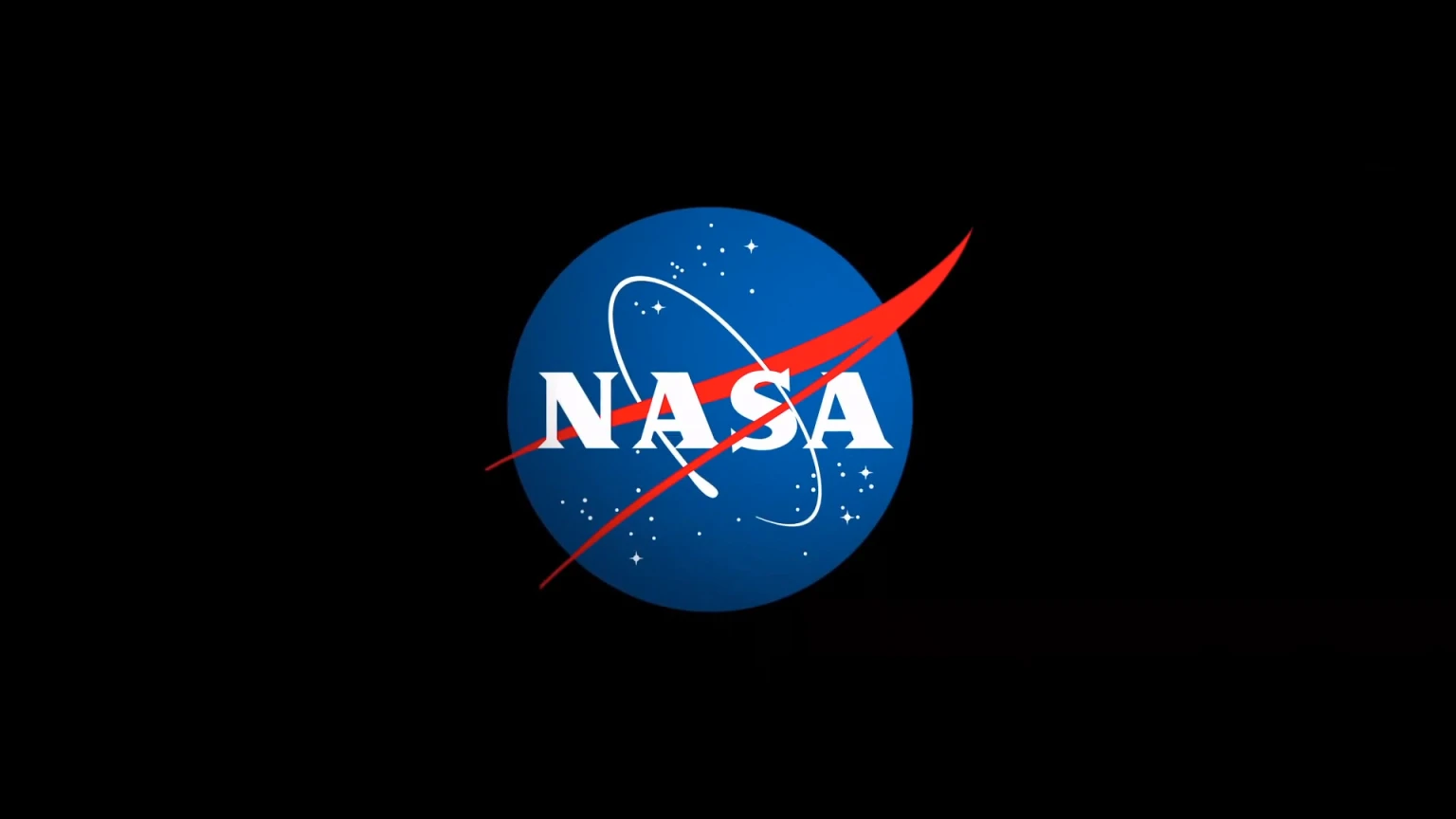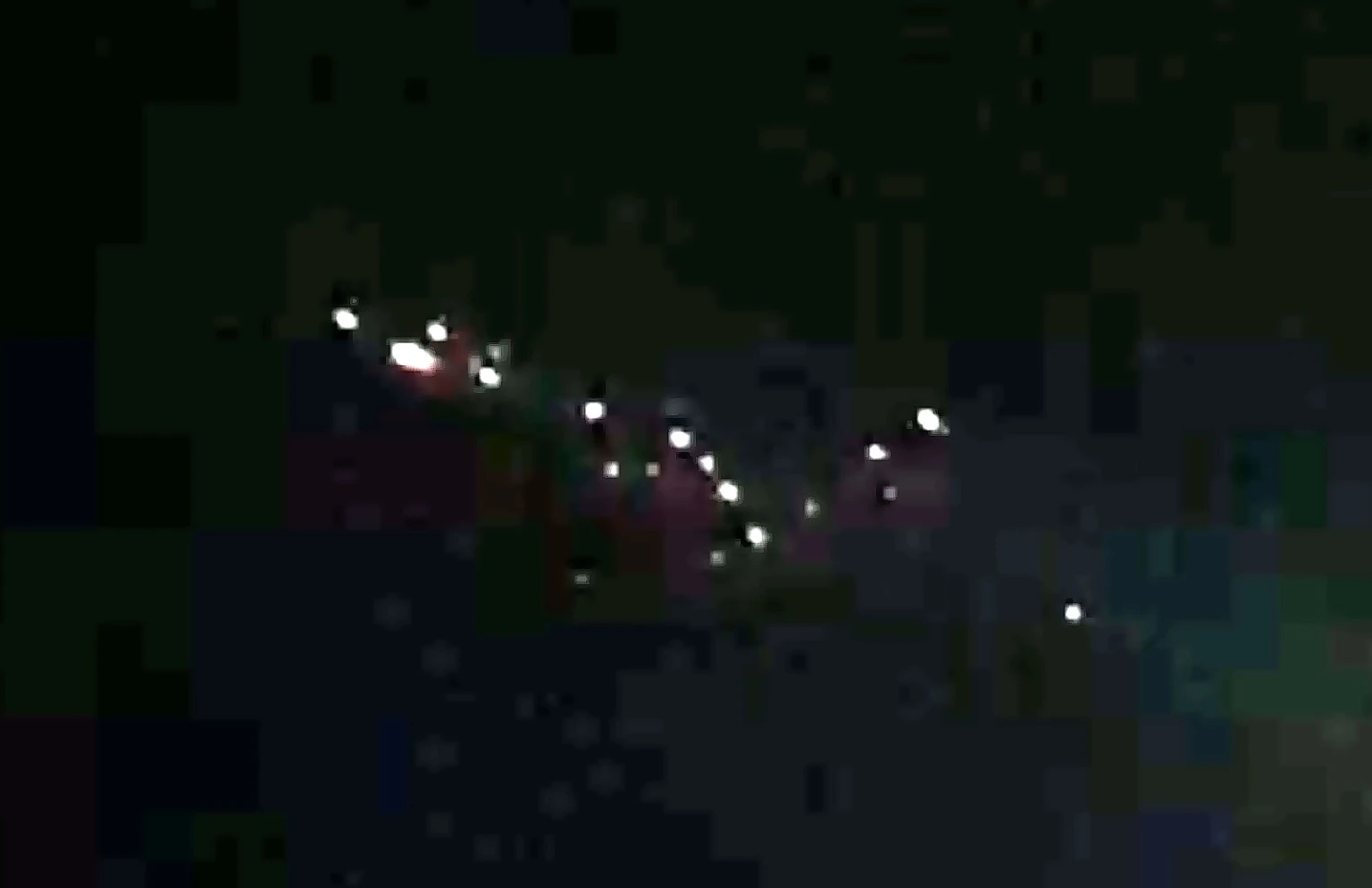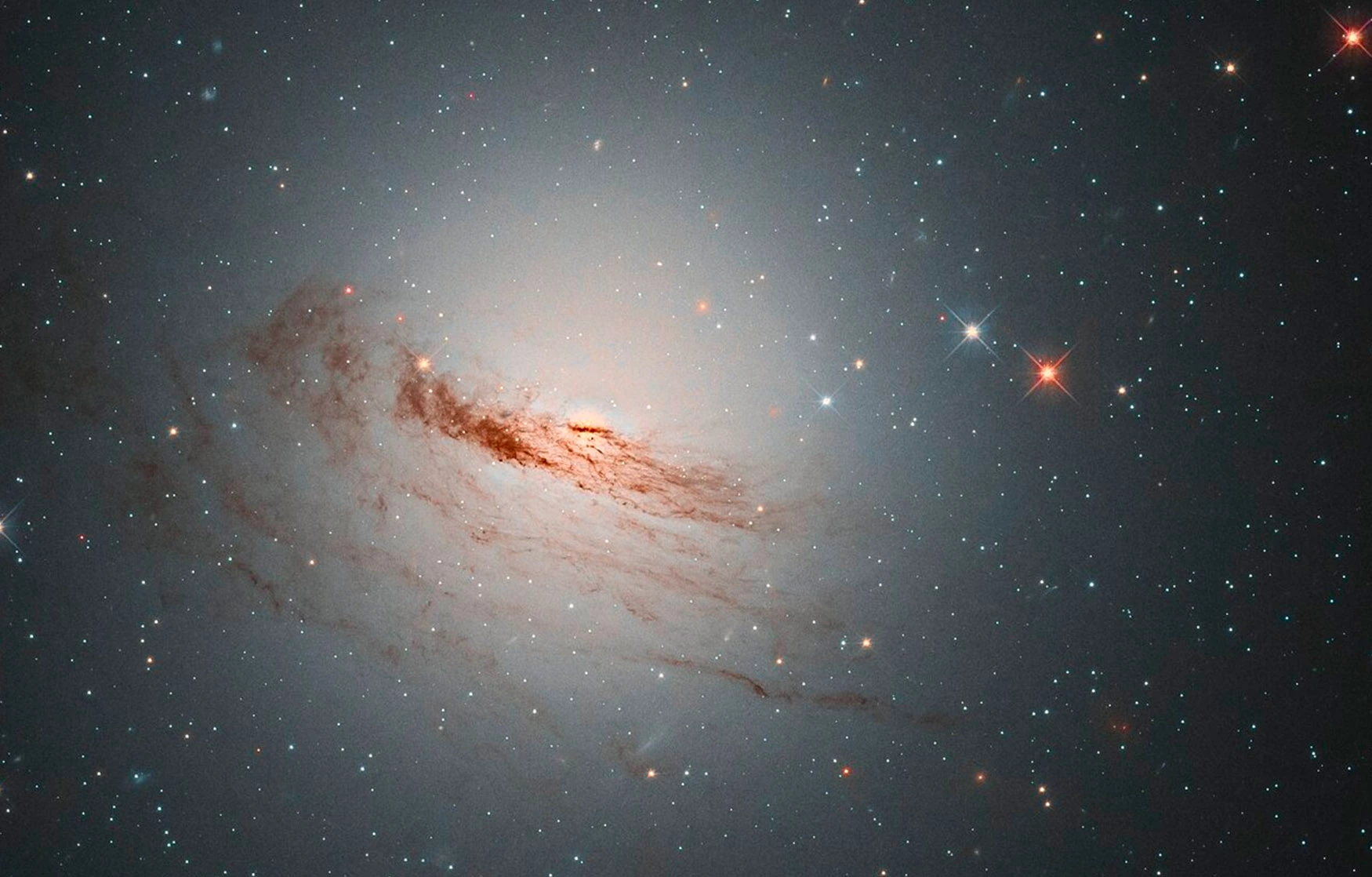According to BGR, the US Congress is not the only institution that has begun to take UFOs a little seriously NASA also shared its plan to start independent research on the matter in early autumn NASA's UFO research will focus on identifying existing data and how best to collect data in the future. The space agency said that its key focus would be to study "unidentified air phenomena" (UAPs) from a scientific perspective.

On June 9, NASA announced its plan to start independent UFO research. The space agency said it would look at the problem from a scientific perspective. The agency said there was no evidence that any UAPs were from extraterrestrial sources. Instead, it argues that people need to discover the nature of these events themselves.
The space agency plans to deal with these phenomena from the perspective of ensuring aircraft safety - this is one of its main objectives. It said that one of the first key steps to do so is to verify which UFO or UAP events have natural causes. As early as March, mysterious light beams appeared in the sky around the world. These beams were later identified as pillars of light.

The light column is a natural event and a beautiful event. Other UAPs, such as a strange vortex over Hawaii, have also been identified as a by-product of human events. For NASA's UFO research, the NASA team will look at these different events from a scientific perspective. This means that it will not be assumed that every UAP or UFO is alien in nature.
Of course, seeing such a prestigious organization participate in the competition to prove the existence of UFO does bring some problems. First, does this prove that NASA thinks aliens are real? After all, one of the most common conclusions about UFOs and UAPs is that they are aliens in nature. However, as BGR has pointed out, this is often not the case.

Some respected scientists believe that aliens exist somewhere in space. In addition, some people even think that at least four "hostile" alien civilizations may live in our galaxy. But NASA's UFO research is not just about applying the possibility of extraterrestrial life to explain strange events.
NASA will not lock itself in only looking at the data of the UFO working group of the Ministry of defense, or even the data of the airborne object identification and management synchronization group. The agency has worked with the government to discuss these events. However, NASA's UFO research will try to do more in-depth research.
David Spergel, who will lead the independent study, said the team will examine data from governments, civilians, non-profit organizations and companies. The team will try to collect and find out how best to analyze any existing data. In addition to UFO research, NASA will continue to use its other priorities to find life outside our planet.
The agency said that NASA's UFO research should take about nine months to complete. Once the research team has completed its work, the report will be publicly shared.